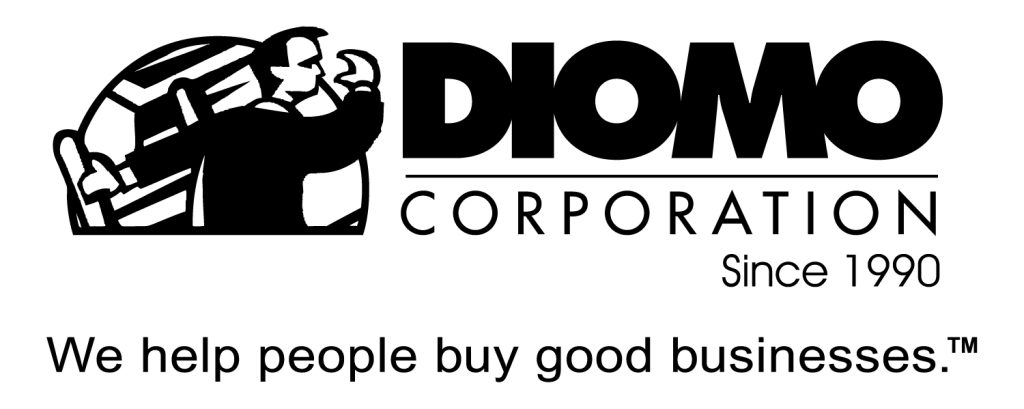Traditionally, the period immediately following Labor Day weekend is quite active for those immersed in the process of buying a business. We have always seen a major uptick in the overall activity in our business during this time, and I think a lot has to do with people getting back into the business groove after the summer. Additionally, many people now realize they are just weeks away from the end of another calendar year, and so they need to fast track their plans to achieve goals they may have set months ago to own a business by year-end.
There are some extremely positive aspects to buying a business in this particular period which can prove to be advantageous for buyers:
Annualized Financials
I do not put much value on annualized financials which are done prior to the completion of three full quarterly periods. For example, if you look at a business for sale in the early part of any year, it makes no sense to me when sellers simply take two or three months of figures and multiply by six or four to paint a projected earnings picture to buyers of how the year will end up; that is simply delusional. However, once the business has surpassed three quarters of its year, it becomes a much more reasonable projection. As such, by mid-October, a buyer can review the January-September financials of a business and get a fairly good idea of how the year will end up barring anything extraordinary.
To complete this exercise, take the prior year’s fourth quarter figures as a percentage of that year’s total and simply extrapolate the figures using the same percentages for the current year.
Keep in mind however the seasonality of the specific business – this is especially important in any business that generates a significant amount of its annual revenues in the fourth quarter. In these cases, and especially in the current business environment, you may need to wait out the balance of the year to work with actual figures since the market is so volatile today.
Fed-Up Sellers
Sellers whose business has experienced a downtown over the past couple years (like most have), can become far more motivated over the next few months simply because they may not want to face the possibility of having to run the business for another year. It is a good idea to learn how long the business has been on the market, and also whether the seller has some plans he or she wants to begin after the sale which may start with the new year.
Transition Period
Depending upon the specific business type, it may be that the end of the fourth quarter can be a slower period for them and that will allow the buyer to transition into the business more easily and learn the basics more effectively. It also puts a buyer in a good position to hit the ground running in the new year.
Mental Quotas
Most people think in terms of calendar cycles. This includes lenders and business brokers. As the year-end approaches, lenders want to hit their quota of underwritten loans to meet certain company objections. Similarly, business brokers in many companies earn commissions on a sliding scale that resets each calendar year. As such, both of these stakeholders in a potential business sale may have more incentive to get the deal done before the end of the calendar year.
In Summary
While the underlying rationale behind any business purchase has to be to do so in a pragmatic and diligent manner, there are, nevertheless, certain mitigating factors as outlined above which can be advantageous for a prospective business buyer to complete a transaction before the end of a year. In layman’s terms, when a new a new year is just around the corner, let it serve to light a fire under your butt to get a deal done and to leverage these issues to negotiate great deal terms and get into your own business!

